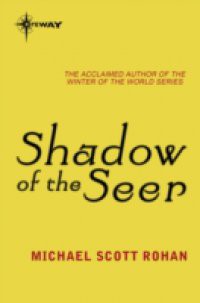The politics of international intervention into rural areas is the subject of this insightful study. Using concrete cases drawn from fieldwork in rural Burkina Faso, Engberg-Pedersen shows how nongovernmental organizations' activities with women's groups, natural resource management projects, decentralization policies, and rural democratization advocates must enter an arena of local struggle for resources and status. He maintains that activists often seriously contradict rural people's practices and understandings of particular issues and how they should be organized. Thus, while societal conflicts and institutional contradictions are inescapable features of rural development, development assistance agents and scholars of democratization and political change in Africa largely ignore them.



 3 (1)
3 (1) 











